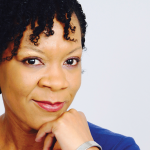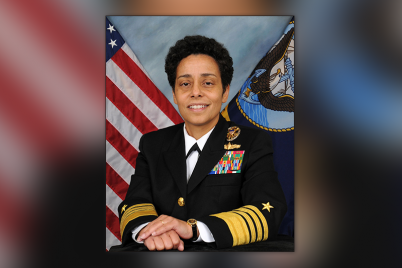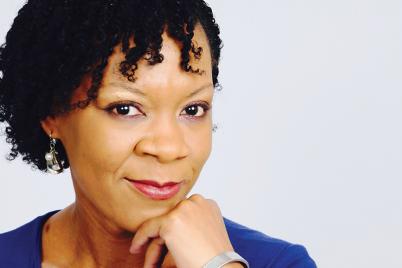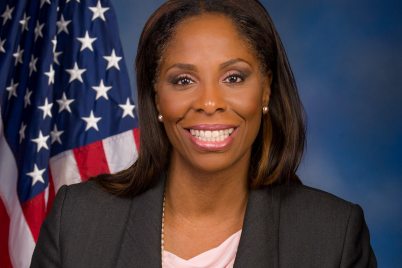Singer-song writer Tracy Chapman [CC BY 2.0]
BY KEISHA BELL | Visionary Brief
Have you ever wondered why some can use their platforms to support social causes and others are seemingly condemned? Colin Kaepernick made national headlines by taking a position against police brutality, as did Megan Rapinoe. In contrast, Beyoncé boldly declared, “Run The World (Girls)” and was met with tremendous applause.
Meet Tracy Chapman, a multi-platinum and four-time Grammy-Award-winning singer and songwriter. Born on March 30, 1964, in Cleveland, Ohio, her music reflects a richness of thought about both social issues, as well as love. Her song, “Fast Car,” is the highest-ranking song both written and performed by a female performer.
Chapman’s mother recognized that her daughter had a love for music at a young age. Although she had little money, she bought her a ukulele at the tender age of three. Inspired by the show “Hee Haw,” Chapman was playing the guitar and writing songs by the time she was eight.
In 1987, Chapman graduated from Tufts University after earning a Bachelor of Arts degree in Anthropology and African Studies.
While in college, she began to play music in public spaces for donations. By 1985, she made her major stage debut as an opening act. A fellow Tufts University student was impressed by what he heard and told his father.
Life has a funny way of opening doors of opportunities. That student’s father was Charles Koppelman, co-founder of SBK Entertainment World, Inc. After signing Chapman in 1986 as a client, he helped her secure a contract with Elektra Records in 1987.
Chapman has accumulated international success. She could play it safe, but she has instead used her platform as a musician to be both politically and socially active. She has performed at many events to bring awareness to and raise money for many causes.
In general, she has an interest in human rights, as well as education — particularly education in Cleveland. For example, Chapman has produced a music video that is used as an essential teaching tool in Cleveland Public Schools, which highlights significant achievements in African-American history.
There are so many problems needing to be solved that it is easy to feel overwhelmed. Many want to help but do not know where to start. Others may know where to start but may hesitate to take the risk.

Keisha Bell
Chapman reminds us that doors can open when we take courageous steps, such as showcasing our talents in public spaces. She also reminds us that when doors open, platforms follow – as do opportunities to help bring relief to causes greater than ourselves.
She is using her platform to impact positive change. We are all challenged to do the same.
Keisha Bell is an attorney, author, and public servant.








